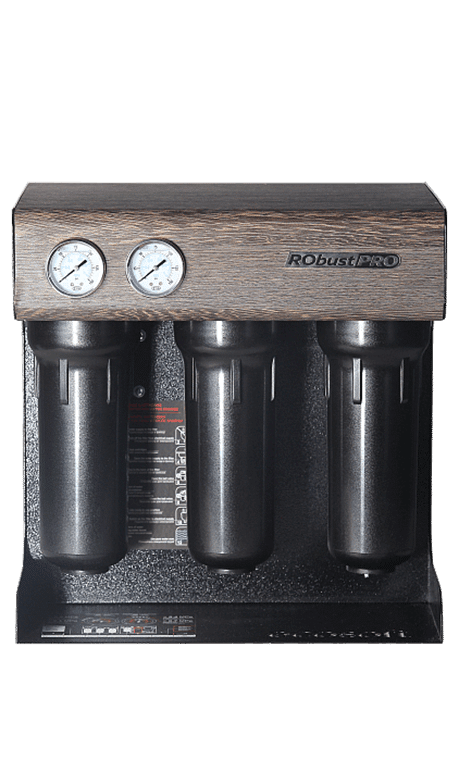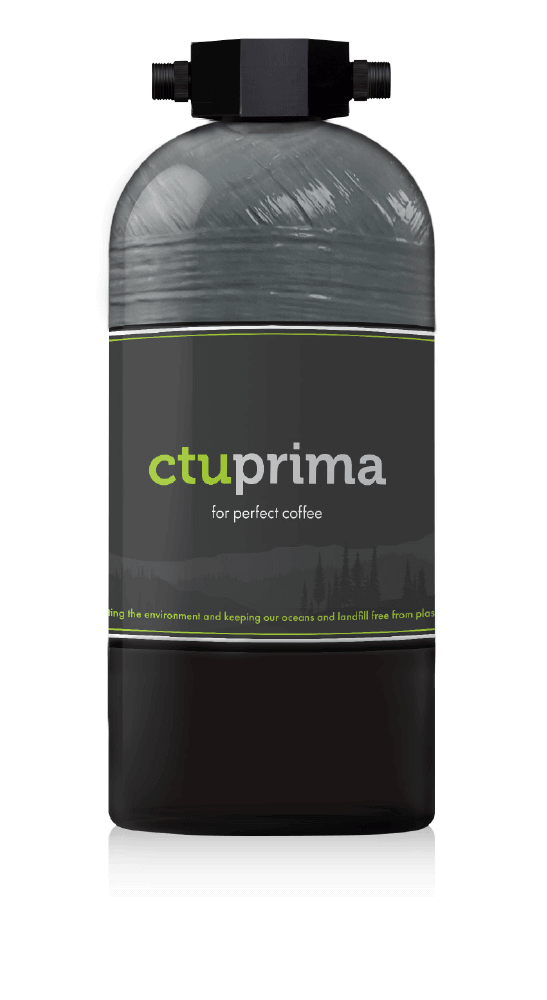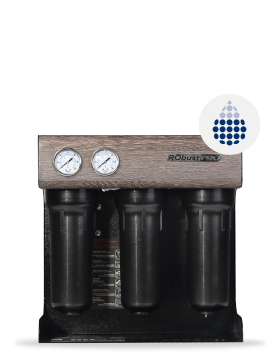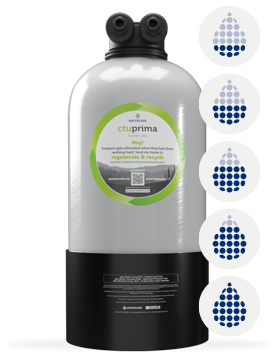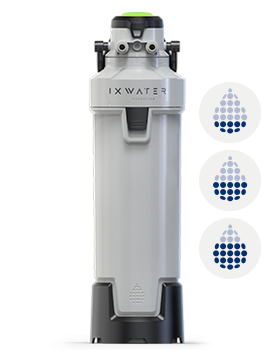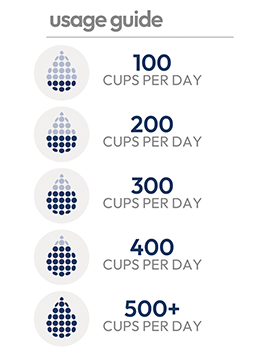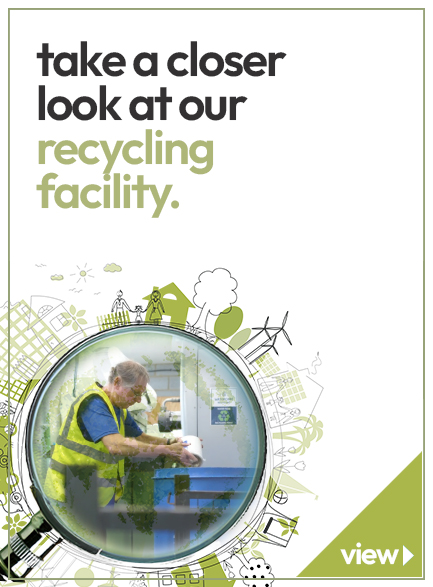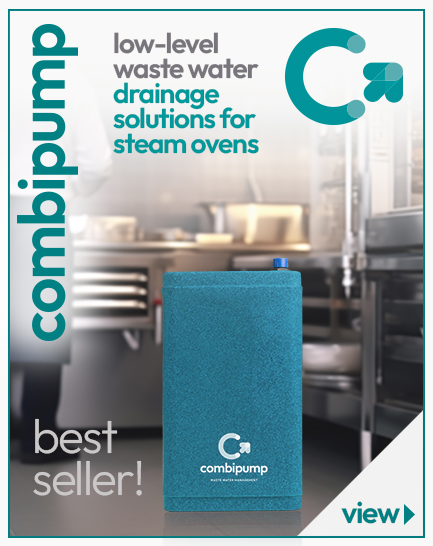
Hard Water Vs. Soft Water: Which Is Better?
Most people think water is simply water. But, it’s way more complex than this. There are actually different kinds of water – hard water, soft water, boiled water, filtered water, mineral water, spring water and sparkling water, to name a few! However, all water can be sorted into one of two categories – hard water and soft water. Each comes with their own advantages and disadvantages – hard water isn’t more beneficial than soft water, but soft water also isn’t necessarily better than hard water. Find out right here what the difference is between hard water and soft water!
What Is Hard Water?
Hard water is fresh water that is abundant in minerals such as calcium, iron, manganese and magnesium. Rainwater is pure water, but when it falls into soil, lakes, and rivers, where the bedrock and surrounding environment consist of limestone and chalk deposits, these minerals filter into the water. The South-East of England has the hardest water in the country, as the region is mainly made up of limestone and chalk.
The mineral composition of hard water gives it a ton of health benefits such as protecting your heart and bones – calcium helps prevent osteoporosis. Whilst the benefits of hard water are substantial, its mineral composition is not great for your hair and skin. This is because it leaves behind buildup, a film-like residue that can cause acne, skin irritation and dryness.
Due to hard water’s high concentration of minerals, it can also cause problems with plumbing and appliances, causing limescale and leaving deposits in pipes which can lead to clogging. Fortunately, going through an ion exchange process, this issue can be improved with water softeners. The benefits of a water softener system doesn’t stop with the plumbing – you’ll also benefit from cleaner cutlery and glassware, reduced soap curd, alongside softer skin and hair.
What Is Soft Water?
Soft water is low in the minerals (especially calcium) that hard water in abundant in, but has a higher sodium content. It can be naturally occurring such as from rainwater, glaciers, icebergs, ponds, lakes, rivers and streams or it can be created through water treatment. Naturally occurring water isn’t necessarily drinkable due to contamination or pollution and will need water purification. Because it’s low in minerals, soft water has a tendency to pull in minerals where it can, which means that other contaminants get pulled in as well.
The advantages of soft water are that it feels soft to the touch and doesn’t damage appliances as much as hard water, due to a low mineral composition, thereby extending the life of your plumbing. It’s much better for your hair and skin, leading to a reduction in dryness and skin outbreaks.
Other soft water benefits are that you will see the benefits of better washing (due to water rinsing away without leaving behind residue – hard water leaves behind minerals), a reduction in time washing and cleaning, with an improved efficiency of cleaning products. It is also less corrosive than hard water.
However, soft water drinking is worse than hard water due to its low mineral content and offers little health benefits in that respect.
Do I Have Hard Or Soft Water?
Here’s how to tell if you have hard water or soft water! Typically, it’s a lot easier to spot hard water than it is to spot soft water though. With its high mineral content, hard water looks cloudy and leaves classic tell-tale signs such as soap scum, spots on dishes and glasses even after washing and drying and leaving a film on shower walls and doors. Hard water also has a tendency to leave your hair and skin feeling dry. Soft water, on the other hand, being low in minerals, does not leave any visual clues and is relatively clear. It can leave your skin feeling very slippery after showering though – this is due to it not leaving any residue on your skin.
Is your business suffering from the effects of hard water? Why not look into European Watercare’s water filters and commercial water softeners? We have a wide range of water softener systems, water filtration options and calcium treatment units to suit everyone. If it’s your home that’s suffering from the effects of hard water, reach out to World Class Water, a business that makes the water in your home better, much better.



